Trump’s bold ultimatum on Ukraine: A new strategy or campaign rhetoric?
- Update Time : Monday, January 27, 2025
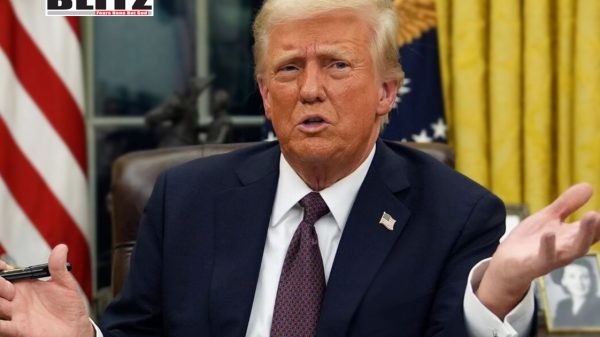
During a high-stakes presidential debate in Philadelphia last September, Donald Trump made a bold proclamation about the war in Ukraine: “That is a war that’s dying to be settled. I will get it settled before I even become president.” This audacious claim became a central theme of his campaign, with frequent assertions that he could end the conflict within 24 hours of assuming office. However, as the first days of his second term unfold, Trump’s approach to Ukraine reveals a nuanced and evolving strategy that departs from his campaign rhetoric.
Since winning the presidential election in early November, Trump has adopted a more pragmatic tone regarding the Ukraine conflict. On his first day back in the Oval Office, he joked with reporters about his ambitious one-day timeline to resolve the war, acknowledging, “I still have half a day left.” Behind the humor lies a recognition that the situation is far more complex than his campaign promises suggested.
Trump’s appointments to key national security positions reflect this acknowledgment. While his other cabinet picks-notably in the Department of Justice and the Department of Health and Human Services-have been unconventional, his selections for addressing the Ukraine crisis are more traditional. Retired Lieutenant General Keith Kellogg has been appointed as the special envoy for Ukraine and Russia, and his directive is clear: find a resolution to the war within 100 days. Trump’s national security adviser and secretary of state also bring extensive experience and a serious approach to the table.
One of the most striking aspects of Trump’s early presidency is the apparent sympathy his administration has shown toward Ukraine’s position. This stance has surprised many observers, particularly given that some vocal Trump supporters have echoed Kremlin narratives in the past. Yet, Kellogg’s public support for continued military aid to Kyiv and Trump’s nominee for defense secretary, Pete Hegseth, openly backing Ukraine during his confirmation hearing, indicate a clear alignment with Ukraine’s goals.
In a statement posted on social media, Trump addressed the Kremlin directly: “Settle now, and stop this ridiculous war.” The message underscored Trump’s view that Moscow’s actions are the primary obstacle to peace. He warned of increased economic sanctions and tariffs if Russia refused to negotiate, adding, “We can do it the easy way, or the hard way – and the easy way is always better.”
For Ukraine, the Trump presidency presents both challenges and opportunities. President Volodymyr Zelensky has played his cards shrewdly, maintaining strong communication with Trump’s inner circle even during the campaign. Within 24 hours of Trump’s election victory, the two leaders had spoken by phone, and their rapport appears to be solid. This connection could prove vital as Ukraine navigates its next steps in the war.
On the battlefield, Ukraine has demonstrated resilience and strategic acumen. Six months after a bold operation into Russia’s Kursk region, Ukrainian forces have successfully repelled multiple Russian counterattacks, including some involving North Korean troops. Holding territory inside Russia provides Ukraine with valuable leverage for future negotiations.
Zelensky’s diplomatic efforts have also borne fruit on the international stage. Ukrainian-led peace summits in Saudi Arabia, Malta, and Switzerland have drawn participation from dozens of nations, including those from the Global South. These initiatives have helped frame Ukraine as a committed advocate for a fair and just resolution to the conflict, contrasting sharply with Russia’s increasingly isolated position at forums like the BRICS summit in Kazan.
Trump’s ultimatum has placed the Kremlin in a difficult position. Russian media outlets and commentators have expressed regret over Joe Biden’s absence from the White House, lamenting Trump’s more assertive stance. Moscow’s economic struggles further complicate its ability to sustain the war, and Trump’s threats of additional sanctions add to the pressure.
Despite these challenges, Russia’s response to Trump’s demands remains uncertain. While the Kremlin has publicly dismissed Trump’s rhetoric, the combination of Ukraine’s military successes and Trump’s tough stance could force Moscow to reevaluate its strategy. However, the path to a negotiated settlement remains fraught with obstacles, and it is unclear how much leverage Trump’s administration can exert over Russian President Vladimir Putin.
One of Trump’s early moves as president has been to suspend US foreign aid for 90 days, pending a comprehensive review. However, military aid to Ukraine has been explicitly exempted from this suspension. Open-source intelligence reports indicate that US cargo planes, likely carrying military supplies, have been landing at a Polish airfield near the Ukrainian border.
This dual approach-maintaining military support for Ukraine while reassessing broader foreign aid-signals Trump’s intent to project strength on the global stage. The administration’s support for Ukraine also highlights the recognition that any resolution leaving Ukraine vulnerable would be perceived as a victory for Russia and a defeat for the United States.
As the second Trump administration takes shape, the trajectory of its Ukraine policy remains a subject of intense speculation. While the president’s campaign rhetoric painted an oversimplified picture of the conflict, his early actions suggest a more calculated and serious approach. By surrounding himself with experienced advisers and maintaining support for Ukraine, Trump appears committed to achieving a resolution that safeguards American and Ukrainian interests.
However, significant challenges lie ahead. The 100-day deadline for Kellogg to craft a solution underscores the urgency of the situation but also raises questions about the feasibility of such a timeline. Meanwhile, Russia’s next moves will be closely watched, as will the ability of Ukraine and its allies to maintain their momentum both on the battlefield and in diplomatic circles.
For Trump, the stakes are high. Resolving the Ukraine conflict in a manner that strengthens American credibility and leaves Ukraine in a secure position could solidify his legacy as a global dealmaker. Conversely, any perceived failure to achieve these goals could undermine his administration’s broader foreign policy agenda.
One week into Trump’s second term, his handling of the Ukraine crisis offers a mix of cautious optimism and lingering uncertainty. His ultimatum to Moscow, coupled with continued military aid to Kyiv, suggests a departure from his more isolationist tendencies. Meanwhile, Ukraine’s diplomatic and military successes have created an opportunity for meaningful progress toward a resolution.
The coming weeks and months will reveal whether Trump’s bold promises on the campaign trail translate into tangible outcomes. For now, the world watches as a new chapter in the Ukraine conflict unfolds, with Trump’s presidency at the center of the narrative.


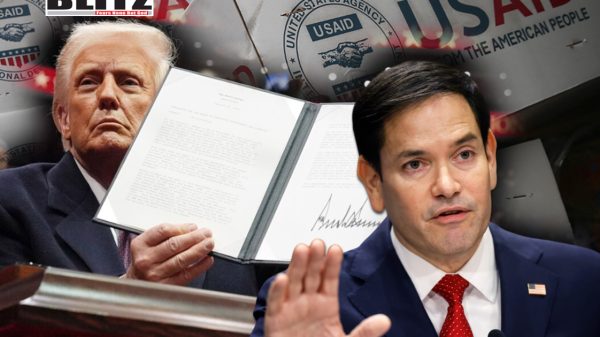
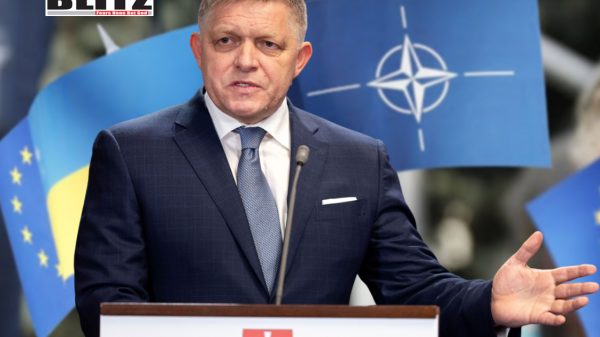
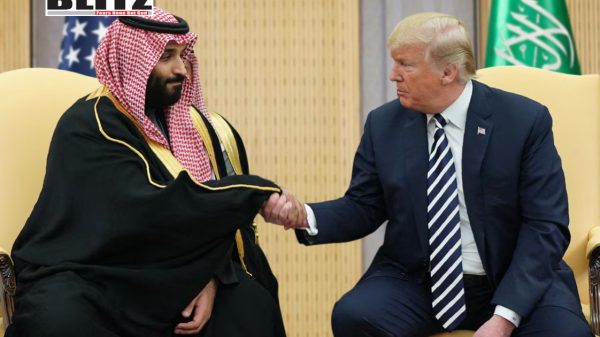
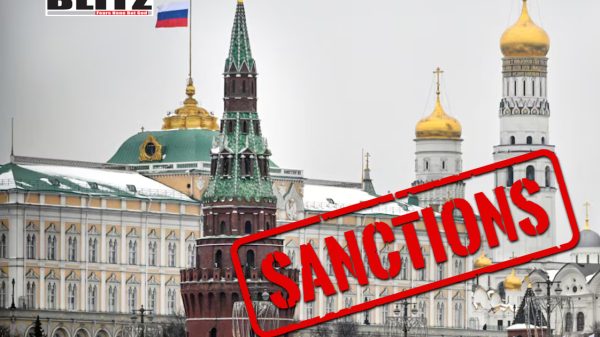
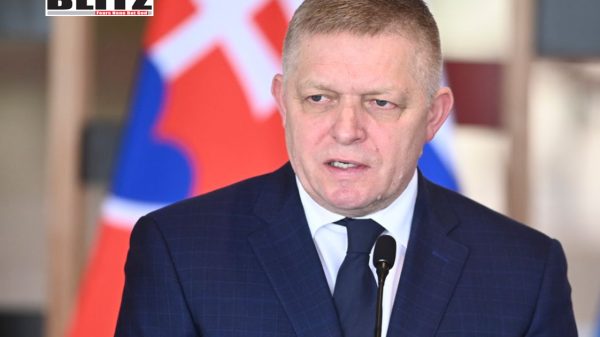
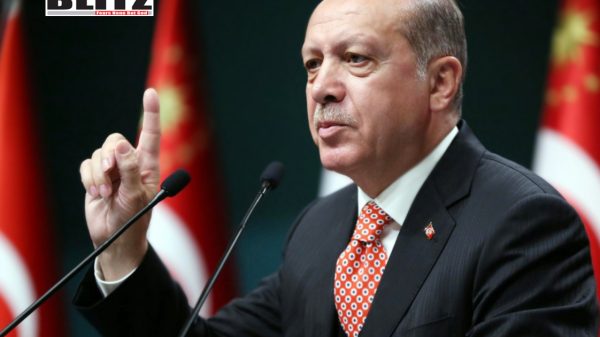
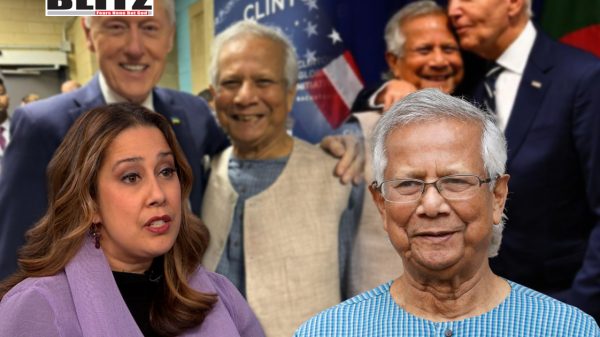
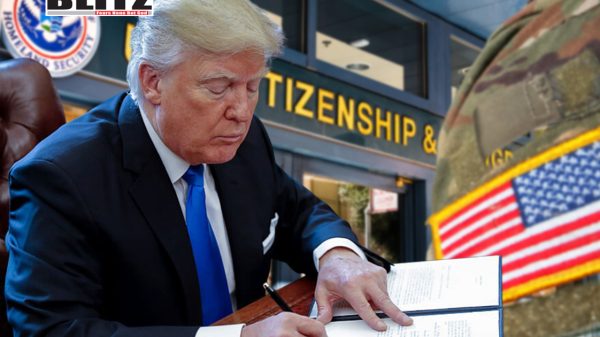
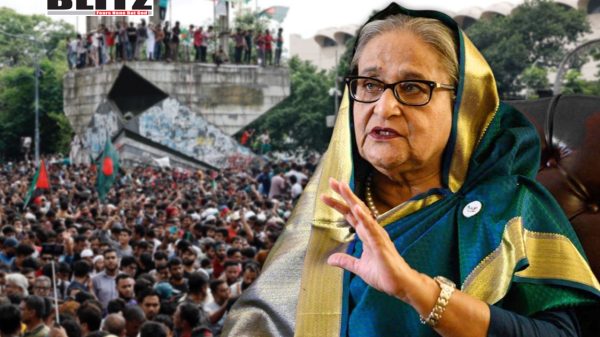
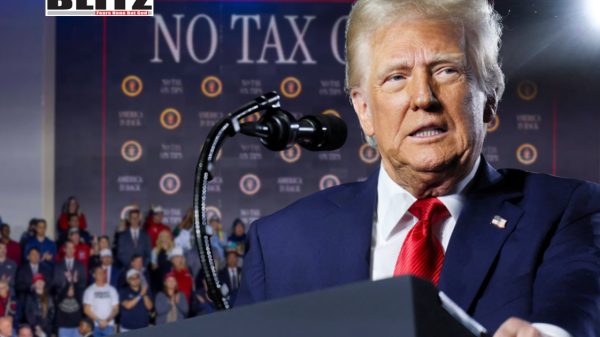


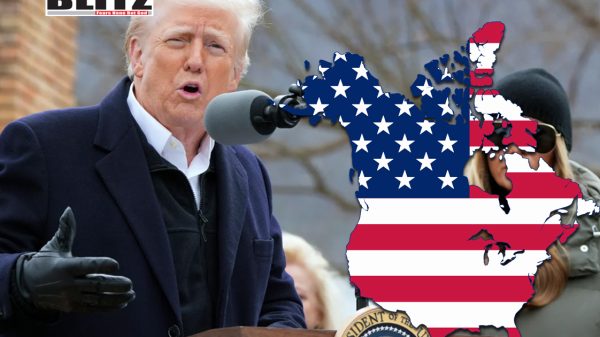

Leave a Reply